Extended Project Qualification
In this section
Introduction:
As its name suggests, an EPQ gives Sixth Formers the chance to push themselves beyond the normal boundaries of A Level study. It is unique in that the content of the EPQ course is determined by the student and not directed by the teacher. It is a wonderful opportunity as well as a significant academic challenge.
The EPQ is designed to prepare Sixth Form students for academic life at university. As such it leads students through the key skills required for under-graduate study. These skills are learnt by students completing a project entirely of their own choosing. The students are led by a team of teacher mentors. Teacher mentors offer advice and ask questions, but the direction of the ‘learning journey’ is decided by the students and it is the student who is responsible for leading the process.
Projects can be essay-based or they can be an ‘artefact’. Artefact projects in the past have included scrap books, videos, computer games and songs.
An EPQ equates to half of an AS Level. It therefore is awarded UCAS points upon completion and can therefore help students to secure places at university. More importantly, several universities believe that EPQ will better prepare students for life as under-graduates and these universities amend their offers to students taking an EPQ.
Sixth Formers can opt in to the EPQ programme towards the end of the Lower Sixth year and projects are completed by Easter on the Upper Sixth.
Facilities/resources:
Students are mentored in small groups of up to six per teacher. Study skills are delivered in university-style lecture rooms or the ICT suites as appropriate to the task in hand. Extensive use is also made of the Library and JB Vent Archive. A good selection of student guides and past projects are held in the Library for students to access and seek inspiration.
What we do:
One lesson and an additional three hours of guided research each week are required throughout Year 13. Lessons alternate between individual student mentoring sessions and seminars to deliver the taught content to all the students simultaneously.
The taught content of the course answers questions such as:
| • How can I plan my project successfully? |
| • How should I record my progress in my logbook? |
| • What variety of resources are available to me? |
| • How can I critically evaluate the resources I have found? |
| • What primary data can I access? |
| • What presentation skills do I require for my final presentation evening? |
STAFF
| Centre Coordinator: | Miss M Griffiths |
|---|---|
| Teaching staff: | Dr H Buttrick, Dr M Cuthbert, Mr N Tingle |


